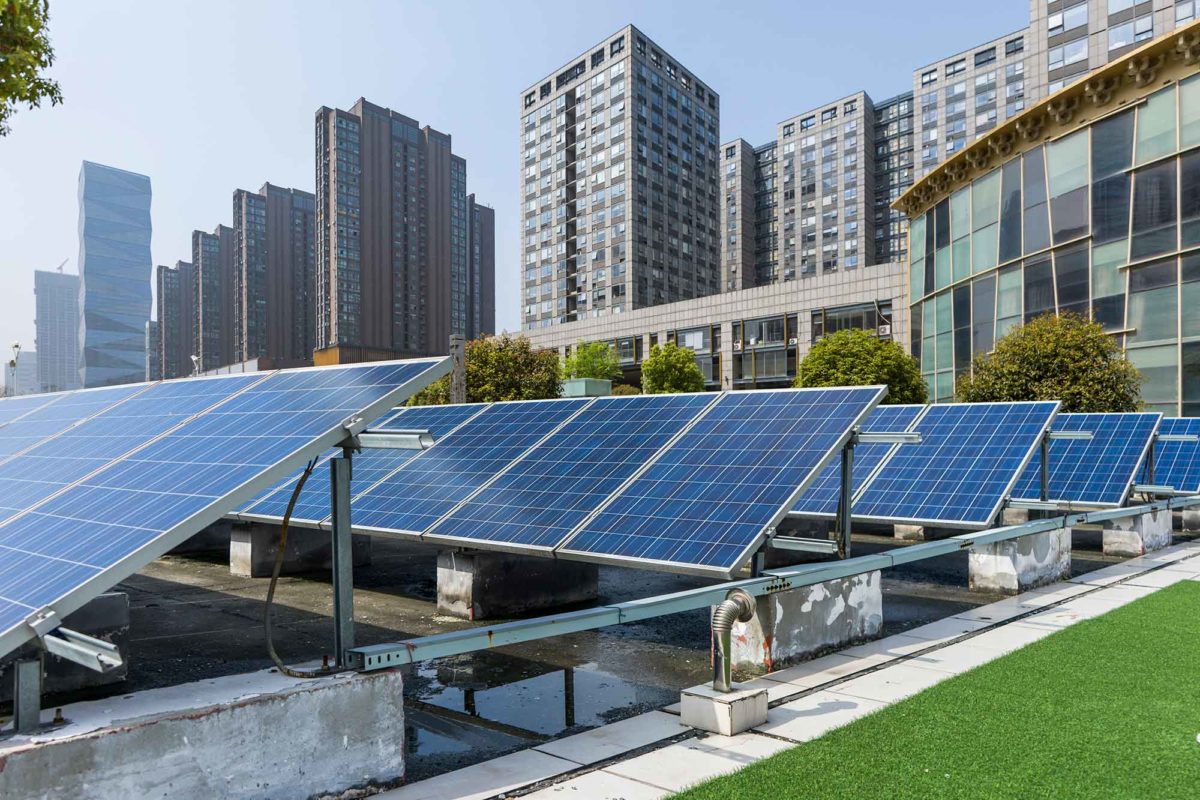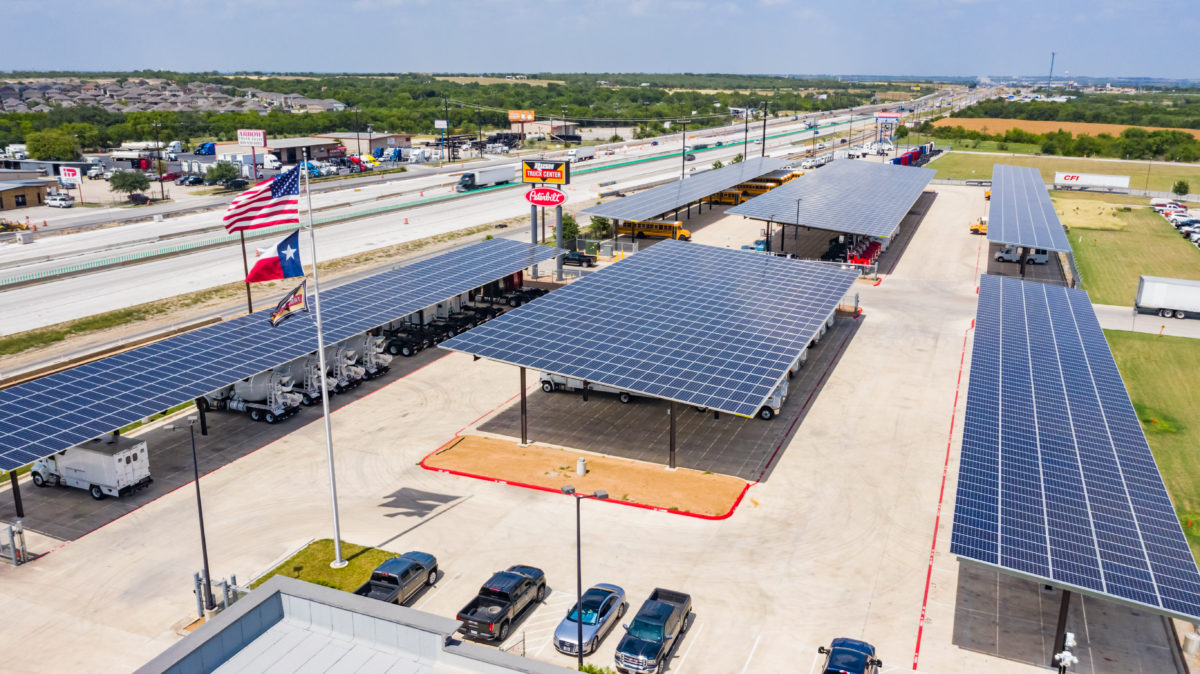While local governments across the United States have announced 100 percent renewable energy or carbon-neutrality goals for their operations, understanding what these goals entail and how they should prioritize various projects remains a challenge. While many energy models have been developed for utility resource planning, these frameworks are costly and more technical than most cities and counties need.
Utilizing the Local Energy Action Framework (LEAF) to Prioritize Decarbonization Projects




